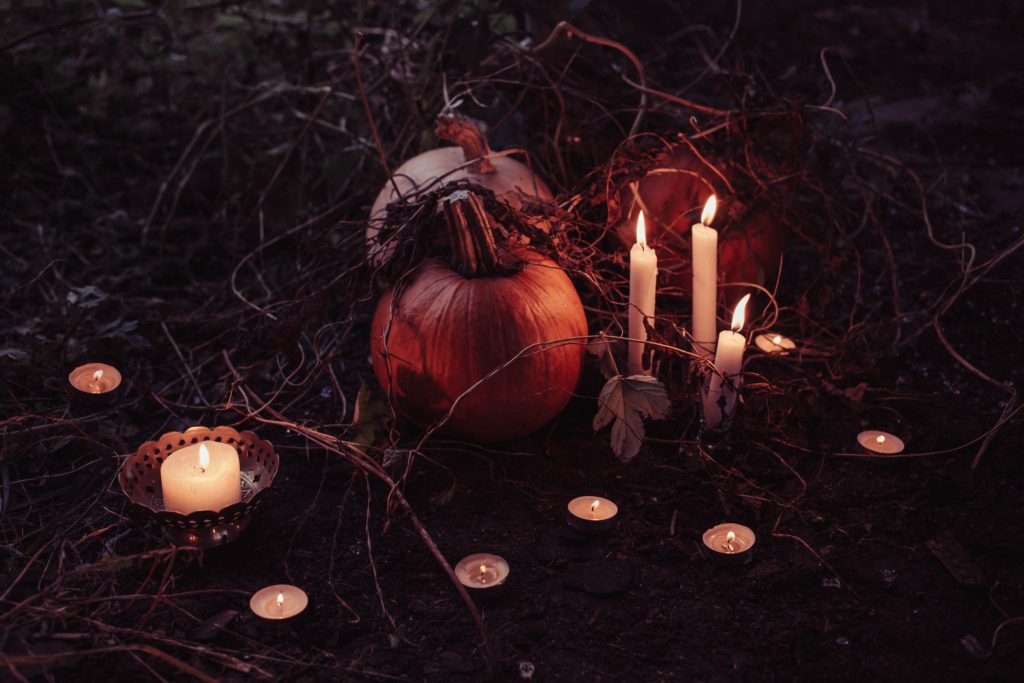
Then I read Writing is My Drink by Theo Pauline Nestor. This book is loaded with tips and prompts. In the exercises for Chapter 1, she challenges you to make a list of the topics that would scare you the most to write about. “You don’t have to write about these now, or ever. But you might,” she says. She even suggests writing them in code so only you know what the story is really about.
Sometimes what we fear relates to shame or embarrassment. Sometimes it’s about the unknown and the what ifs. But here’s the thing: There’s freedom inside of fear – if you’re willing to go there. Case in point, my former student and now lovely friend, Leah Charney, wrote about her period – and published it!
I asked Leah what it was like to write about her period for public consumption (okay, that just doesn’t sound right, but you know what I mean). Here’s what she had to say: “When I started writing the essay, it was all about my shame and trying to trace it back to the root cause. What finally came through on the paper was about the present and how deeply my sex life was impacted,” Leah says. “That made it doubly scary because now I was writing about something deeply personal to both me and my husband. But writing it gave me great hope by providing catharsis to close out that chapter.”
Another student/friend, Jen Reeder, wrote about being a kidney donor for her husband. Talk about scary! Jen admits that writing about her fears was off-putting to some degree, but it was also cathartic and empowering. “I had to tap into the fear I felt when my husband needed a kidney transplant – how scared I was about his diagnosis, and how desperately I wanted his body to accept my kidney,” she says. Her hope, of course, was that her piece would help readers in similar situations feel less alone or afraid during their own transplant journeys.
That’s a powerful reason to write through fear.
Me? I have a slew of material. In the last few weeks alone my husband got laid off, I killed an animal – and totaled a car. I didn’t swerve. I didn’t react. I just ran right over what I suspect was a coyote and possibly saved our lives in the process. What if we died? What if we never made it home that night? What if our children lost both of us in one fell swoop?
The what ifs are closely tied to the if onlys.
Take a recent CNN story I read, for example. The piece highlights new evidence suggesting that drinking pre-conception ups the odds of congenital heart defects. I’ve never been a big drinker, but I DID sip a nightly glass of wine – and down a few shots of Nyquil – before I realized I was pregnant. And my husband? I’m certain he drank his way through a six-pack on a fun Friday or Saturday with friends in the six months before that positive pregnancy test. Did we cause our son’s heart defect? And if so, what other damage did we cause?
These are the things I constantly noodle on (and write about). And they all terrify me. But my greatest fear, as it is for nearly every parent, is losing a child. When I read the prompt in Writing is My Drink, I couldn’t bear to even engage with the thought. It was too much – in part because I nearly touched it with my youngest.
I’m learning though that there’s freedom inside of fear, sometimes even where the death of a child is concerned. My colleague and friend Judi Ketteler writes beautifully about this phenomenon in her New York Times piece. She, too, says her greatest fear is losing a child.
“I’m such an empath that it’s hard for me to separate sometimes, but I decided just to use that and not run away,” she says. “Walking into that (interview) and just being present and talking to someone about their loss like that was terrifying. And writing about it was terrifying.”
Ketteler has a book coming out on December 31 on the topic of honesty, which in my opinion is inextricably linked with fear. She admits Would I Lie to You is the only thing she has ever been AFRAID, like legit afraid, to write. Yet, she willingly exposes her deepest darkest moments, hours and thoughts on the page. Not only is that inspiring, it also acts as a sort of permission slip for the rest of us.
So maybe I should follow her lead (I tend to do that anyway) and start being more honest with myself not only about what terrifies me, but WHY. Then I can make changes today so those scary things are slightly less horrifying. So I suspect Halloween for me this year will be less “trick-or-treat” and more “truth or dare”!
Happy Writing … and Happy Halloween!
a
